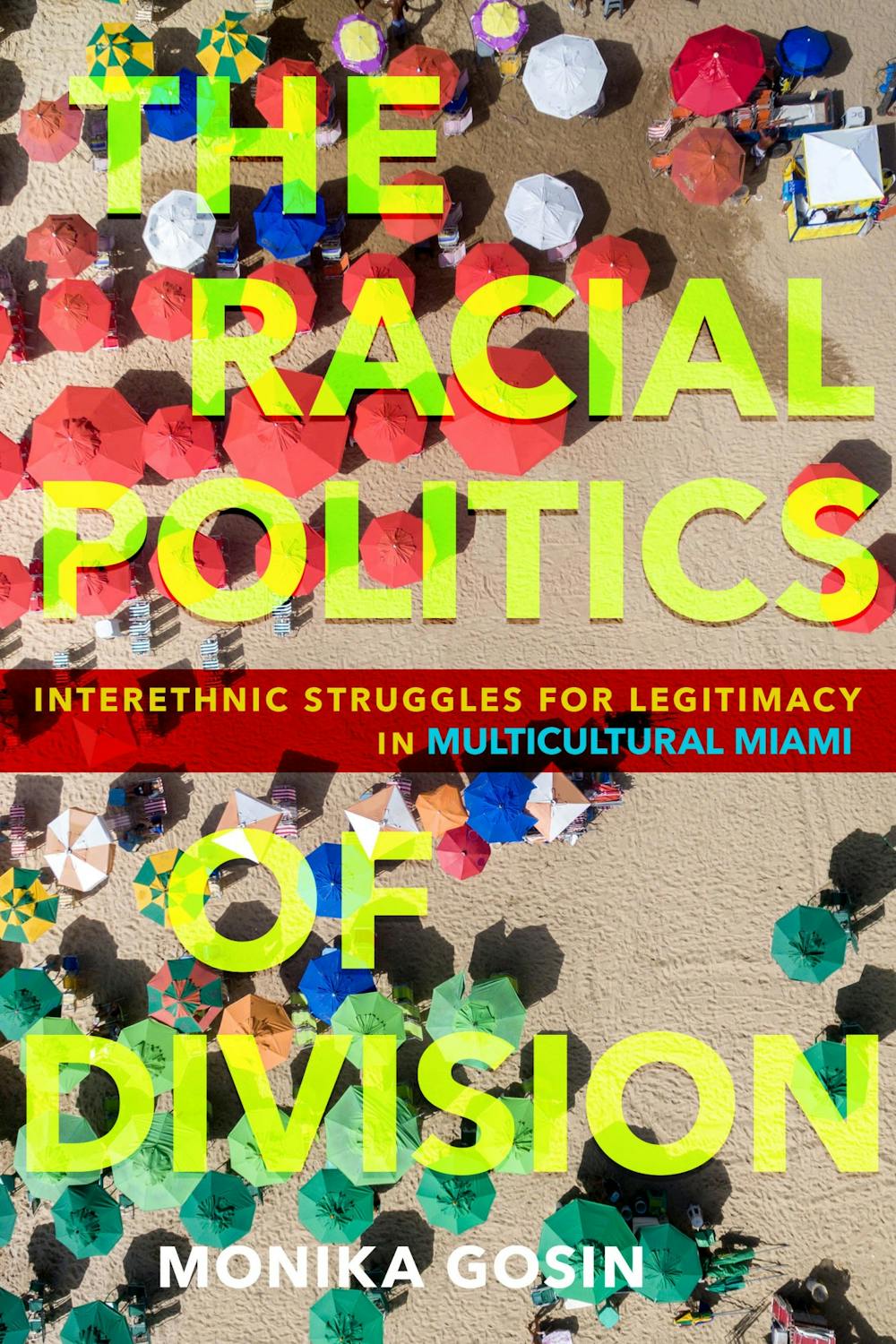Monika Gosin, author of "The Racial Politics of Division: Interethnic Struggles for Legitimacy in Multicultural Miami," was invited by The Sonja Haynes Stone Center for Black Culture and History to be a part of its ongoing 2020 Author's Discussion Series.
In a time where the COVID-19 pandemic has banned all group activities, Gosin is taking her book talk to a virtual platform on April 9.
“We had already purchased tickets and already set up the visit, but then when the COVID-19 fiasco happened, we had to cancel the flight and the whole trip,” Gosin said. “I thought that was going to be the end of it, but then they contacted me again to tell me they had decided to put the series on virtually, and I thought it was an excellent idea, quite creative.”
Gosin said she has previously Skyped into people's classrooms to give talks about her book, so she is no stranger to the idea.
“It's an interesting challenge because of the fact that we can be quite interactive," Gosin said. "I can think of it as the same type of interaction but just mediated a little bit. I’m looking forward to this new format."
The book she will be speaking on is her first book, and this will be her first book talk through the Stone Center.
“One of the key takeaways would be understanding how the structure that we have in our society creates this ideal of worthiness, about who is best suited to be part of our society, how those types of ideals are perpetuated and embraced and come to be understood by various sectors of a population,” Gosin said.
The author said she also wants people to think about how those ideals are challenged, and that we should look closely at how identity and ethnicity are constructed and how people grapple with their place within our society.
“I wasn't sure whether we should continue with this and many other things that we are trying to do in the time of the pandemic,” Gosin said. “I was reminded by a friend of mine that while we are definitely reprioritizing what is most important at this current time and some of our intellectual work may seem to be less important, at the same time, we are still people who have a side of us that wants to think about issues that are going on in our society that haven't gone away simply because a pandemic has come in.”




